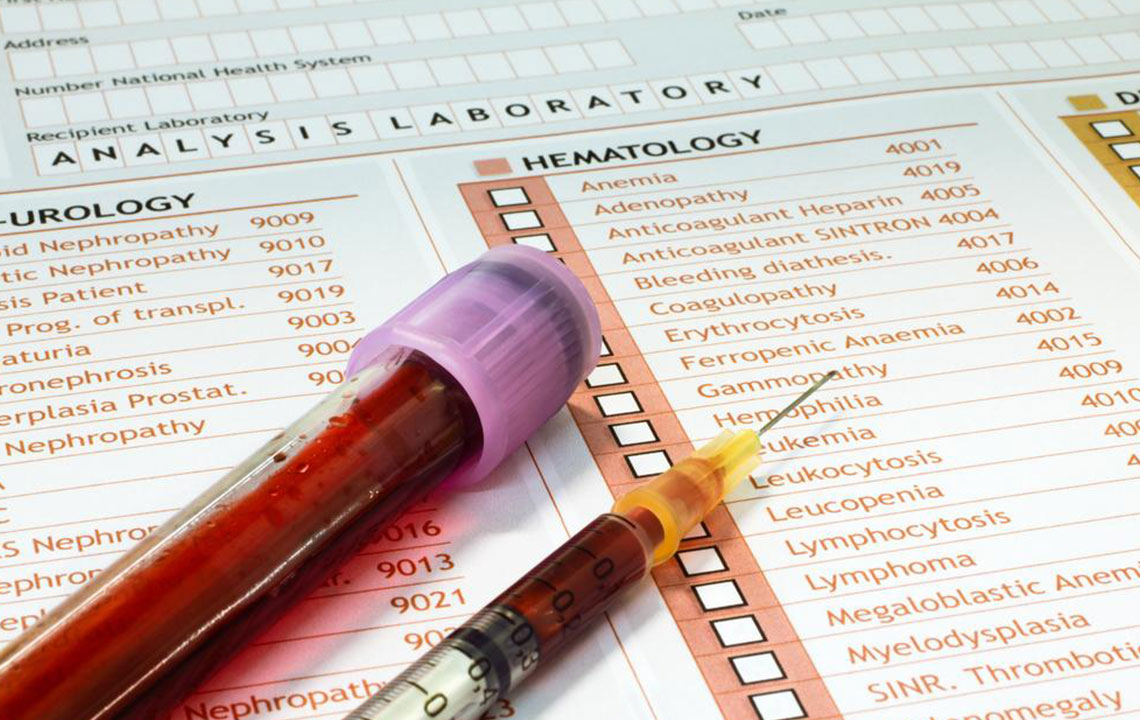Premature Ejaculation- Facts and Medications

Premature ejaculation is a condition in which a man has an orgasm too quickly and discharges semen before he’s ready to climax. It can occur during sexual intercourse, and can be highly frustrating for both partners. It is an uncontrollable situation that can often lead to unsatisfactory sex for both partners.
Premature Ejaculation is a common dysfunction in men that often leads to relationship trouble and emotional stress.
Causes of Premature Ejaculation
Common causes of Premature Ejaculation include:
- It occurs in men who are new to sexual intercourse or are having sex for the first time in their lives.
- A long period of time has passed since the person had last ejaculated
- It can also be caused by feelings of depression, uneasiness, guilt, or stress.
- Hormonal fluctuations.
Symptoms of Premature Ejaculation
The main symptoms of premature ejaculation include:
- Having no control over ejaculation, i.e. you climax and have an orgasm too soon.
- Lack of sexual pleasure.
- Feelings of depression, guilt, or dissatisfaction.
- Most of the time, premature ejaculation resolves itself with time, but in case it does not, various premature ejaculation medications are proven to help overcome this situation.
There are mainly two types of premature ejaculation, namely:
Lifelong premature ejaculation: It develops earlier in your life, usually starting when the person indulges in their first sexual contact and may last a lifetime.
Acquired premature ejaculation: This kind of premature ejaculation usually occurs later in life arising from a range of problems like stress, diabetes, or blood pressure.
So, here’s a range of Premature Ejaculation medications that can be helpful. Keep reading.
Best Premature Ejaculation Medication
Topical anesthetics: Topical anesthetics are sprays or creams, that when applied to the penis, and would help prevent premature ejaculation. These creams and sprays are easy to apply and have been found to be effective, with little to no side-effects. Topical anesthetics contain desensitizing agents like benzocaine, prilocaine, or lidocaine that numb sensation to the penis. This, in turn, helps in delaying ejaculation and orgasm. It is recommended that you apply these creams and sprays 20-30 minutes before sexual intercourse, and wash the penis thoroughly before actual intercourse.
Some possible side-effects of topical anesthetics include:
- Skin irritation
- Inflammation
- Reduced sexual pleasure
- Swelling
- In some cases, an allergic reaction
- Excessive numbness
Lidocaine sprays can be easily purchased at any medical store, even without a prescription. But a lidocaine-prilocaine combination, or EMLA, is a premature ejaculation medication which is only available on prescription.
Oral medications: There are some oral medications that can be helpful for preventing and treating premature ejaculation. These medications include:
Antidepressants or SSRIs: Consuming some types of antidepressants can help in delaying ejaculation. For effective results, SSRIs (Secondary Serotonin Reuptake Inhibitors) are recommended. Some examples of such SSRIs include Lexapro, Zoloft, Aropax, Celexa, Clomipramine, Prozac, or Paxil. Never self-medicate, and always consult a doctor before you take antidepressants.
The normalization of ejaculation time usually starts within a week after you start taking the medication. In case the prescribed SSRIs do not show any improvement in delaying ejaculation, your doctor may prescribe Anafranil.
Dapoxetine, another type of SSRI is also gaining recognition for its effectiveness.
Side effects of antidepressants include:
- Nausea
- Perspiration
- Tiredness
- Anorgasmia
- Reduced libido
PDE-5 Inhibitors: PDE-5 or Phosphodiesterase-5 inhibitors are usually used for treating erectile dysfunction, but they have also found some use as an effective premature ejaculation medication. However, PDE-5 inhibitors are only recommended for men who are suffering from erectile dysfunction along with premature ejaculation. These PDE-5 inhibitors help the body initiate the healthy response to sexual stimulation. PDE-5 Inhibitors such as sildenafil, tadalafil, and vardenafil are found to be helpful in treating premature ejaculation. It is recommended not to take these PDE-5 inhibitors if you are suffering from heart disease, or when you are already taking drugs that contain nitrate. Studies have shown that people who take sildenafil along with paroxetine show better and more effective results for delaying ejaculation.
Side-effects of PDE-5 inhibitors include:
- Facial flushing
- Headache
- Stuffy nose
- Upset stomach
- Vision problems
Analgesics: Tramadol is a type of opioid-based analgesic that is usually prescribed for pain. Tramadol has also shown positive results as a premature ejaculation medication. Tramadol leads to an increase in IELT (Intravaginal Ejaculation Latency Time), i.e., a man who earlier took a minute to ejaculate, would now take at least 2-3 times that time for the same. In order for Tramadol to show results, it must be ingested at least 2 hours before sexual intercourse.
Some possible side-effects of analgesics include
- Somnolence
- Erectile dysfunction
- Headaches
- Anxiety and dizziness
Make sure to consult a doctor before you try out any of these.


